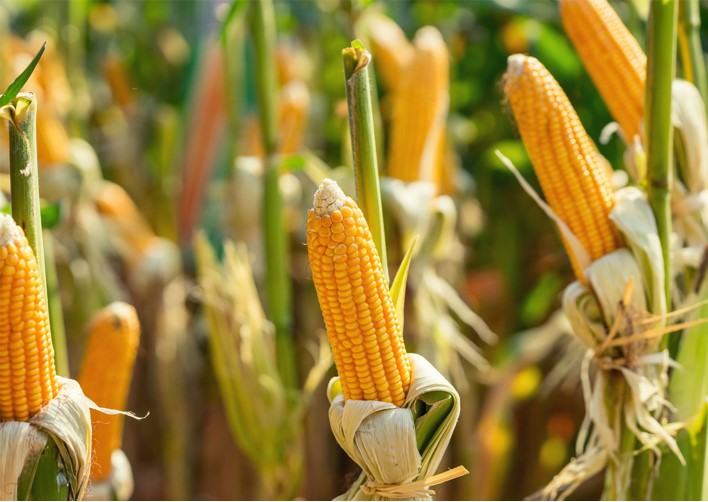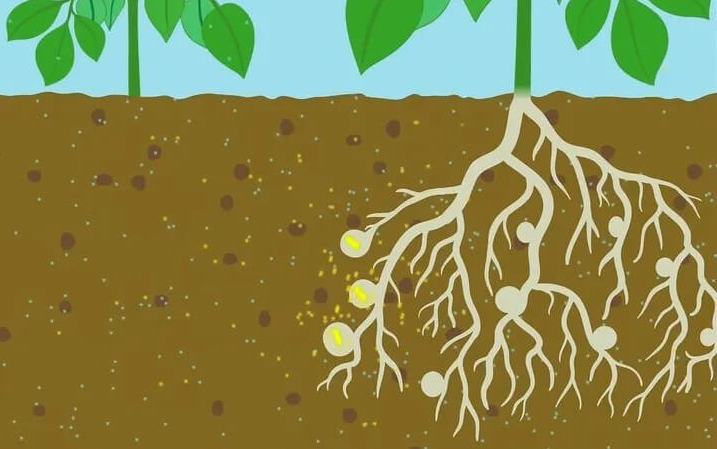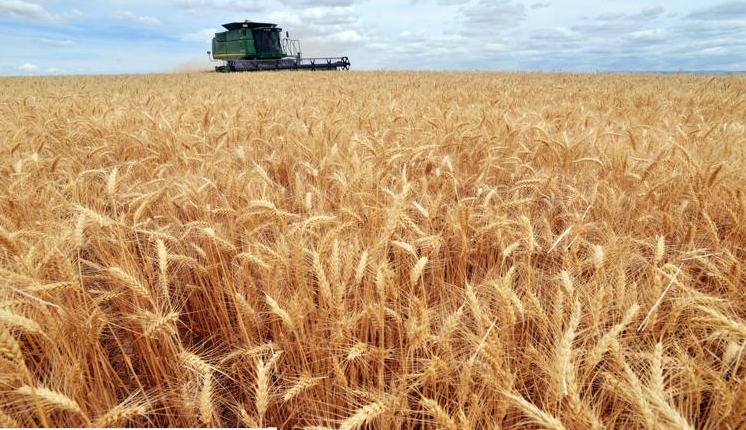Archive for August 2022
EFSA: Five-event GM Stack Maize and Subcombinations as Safe as Non-GM Maize
The European Food Safety Authority (EFSA) Panel on Genetically Modified Organisms (GMO Panel) has published their assessment on the safety of five-event stack genetically modified (GM) herbicide tolerant and insect resistant maize MON 89034 × 1507 × MIR162 × NK603 × DAS-40278-9. The Scientific Opinion is published based on the application EFSA-GMO-NL-2018-151 under Regulation (EC) No. 1829/2003 received from Dow AgroSciences LLC. The…
Read MoreKenyan farming experts urge permanent lift of GM ban to address animal feed shortage
Kenyan farmers are far too familiar with the devastation that resource shortfalls cause to their livestock. Punitive local tax regimes, technical restrictions, challenges in access to foreign currency and logistics disruptions — most of these exacerbated by the pandemic — have been dragging Kenya’s bid for seamless [grain] importation back. A problem with accessing yellow…
Read MoreNigeria: Learn from our experience with GMO crops
Nigerian leaders are urging other West African nations to adopt genetically modified cowpea given their own success with the crop. They’re also sharing tips on how to avoid the mistakes they made in rolling out GM crops, including cowpea engineered to include a gene from bacillus thuringiensis (Bt), which provides inherent protection against the destructive pod borer pest. Prof.…
Read MoreGene-edited rice can naturally fix nitrogen in the soil, vastly reducing the need for chemical fertilizers
The price of artificial fertilizers has skyrocketed, especially in the past year. Improving nitrogen fixation can make farming more sustainable. Renowned botanist Eduardo Blumwald, professor at the University of California, and his team have found a new way to give cereal crops the nitrogen they need to grow. This invention can reduce nitrogen pollution in grain cultivation.…
Read MoreScientists use gene-editing in cereal crops to boost yields without nitrogen fertilizer
Wheat Scientists have developed a gene-editing method that allows cereal crops to benefit from nitrogen-fixing bacteria Scientists have developed a gene-editing strategy that allows cereal crops to benefit from bacteria that pull nitrogen from thin air. The discovery has the potential to decrease farm input costs and water pollution by making wheat, corn, rice and…
Read More




